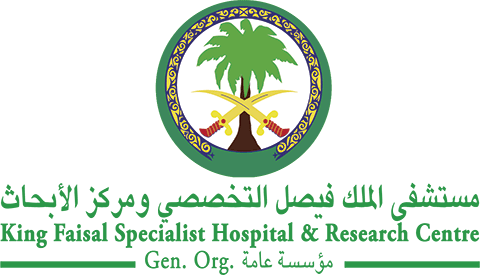Abstract
Chimeric antigen receptor T cell (CAR-T) therapy is an immunotherapy, which represents a therapeutic breakthrough in the treatment of B-cell malignancies and multiple myeloma. Since the first CAR T-cell approval in 2017, there have been five FDA approved CAR-T products, more approved disease indications for CAR-T therapy, and investigational trials launched for other cancers, including solid organ malignancies. CAR-T therapy possesses unique toxicities. Better understanding of these toxicities over time has helped in more efficient diagnosis, management, and treatment strategies. This review will focus on CAR-T-related toxicities including cytokine release syndrome, immune effector cell associated neurotoxicity syndrome (ICANS), cytokine release syndrome (CRS), and hemophagocytic lymphohistiocytosis (HLH)/ macrophage activation syndrome in terms of assessment, grading, and current management strategies. Additionally, this review will cover future directions and research on CAR-T-related toxicities.
Recommended Citation
Murthy, Hemant S.; Yassine, Farah; Iqbal, Madiha; Alotaibi, Shaikha; Moustafa, Mohamad A.; and Kharfan-Dabaja, Mohamed A.
(2022)
"Management of CAR T-cell related toxicities: What did the learning curve teach us so far?,"
Hematology/Oncology and Stem Cell Therapy: Vol. 15
:
Iss.
3
, Article 2.
Available at: https://doi.org/10.56875/2589-0646.1029
Creative Commons License

This work is licensed under a Creative Commons Attribution-Noncommercial-No Derivative Works 4.0 License.
Included in
Cancer Biology Commons, Hematology Commons, Oncology Commons

